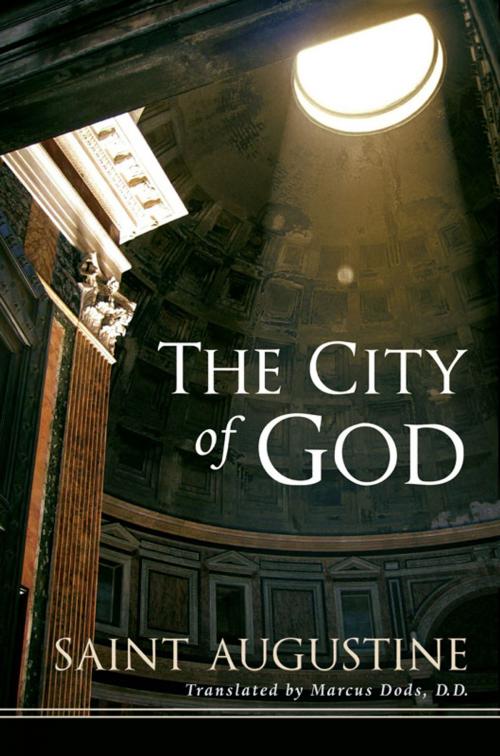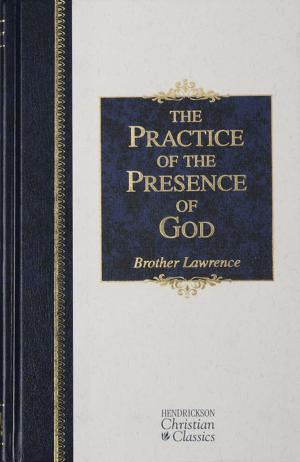| Author: | Saint Augustine | ISBN: | 9781598565058 |
| Publisher: | Hendrickson Publishers | Publication: | December 15, 2009 |
| Imprint: | Language: | English |
| Author: | Saint Augustine |
| ISBN: | 9781598565058 |
| Publisher: | Hendrickson Publishers |
| Publication: | December 15, 2009 |
| Imprint: | |
| Language: | English |
One of the great cornerstones in the history of Christian thought, The City of God is vital to an understanding of modern Western society and how it came into being. Begun in A.D. 413, the books initial purpose was to refute the charge that Christianity was to blame for the fall of Rome (which had occurred just three years earlier). Indeed, Augustine produced a wealth of evidence to prove that paganism bore within itself the seeds of its own destruction. However, over the next thirteen years that it took to complete the work, the brilliant ecclesiastic proceeded to his larger theme: a cosmic interpretation of history in terms of the struggle between good and evil. By means of his contrast of the earthly and heavenly citiesthe one pagan, self-centered, and contemptuous of God and the other devout, God-centered, and in search of graceAugustine explores and interprets human history in relation to eternity.
One of the great cornerstones in the history of Christian thought, The City of God is vital to an understanding of modern Western society and how it came into being. Begun in A.D. 413, the books initial purpose was to refute the charge that Christianity was to blame for the fall of Rome (which had occurred just three years earlier). Indeed, Augustine produced a wealth of evidence to prove that paganism bore within itself the seeds of its own destruction. However, over the next thirteen years that it took to complete the work, the brilliant ecclesiastic proceeded to his larger theme: a cosmic interpretation of history in terms of the struggle between good and evil. By means of his contrast of the earthly and heavenly citiesthe one pagan, self-centered, and contemptuous of God and the other devout, God-centered, and in search of graceAugustine explores and interprets human history in relation to eternity.















